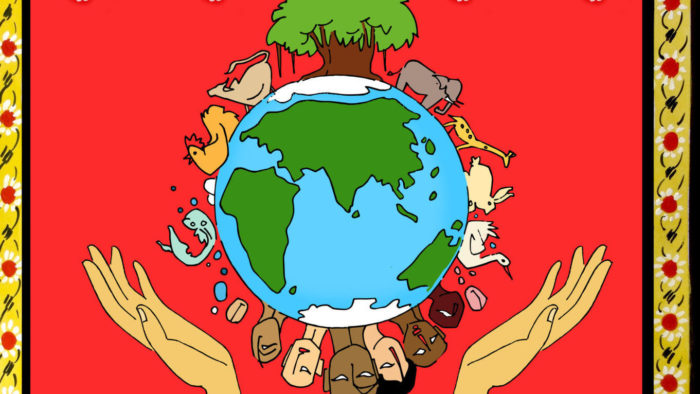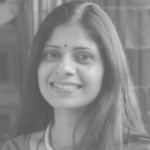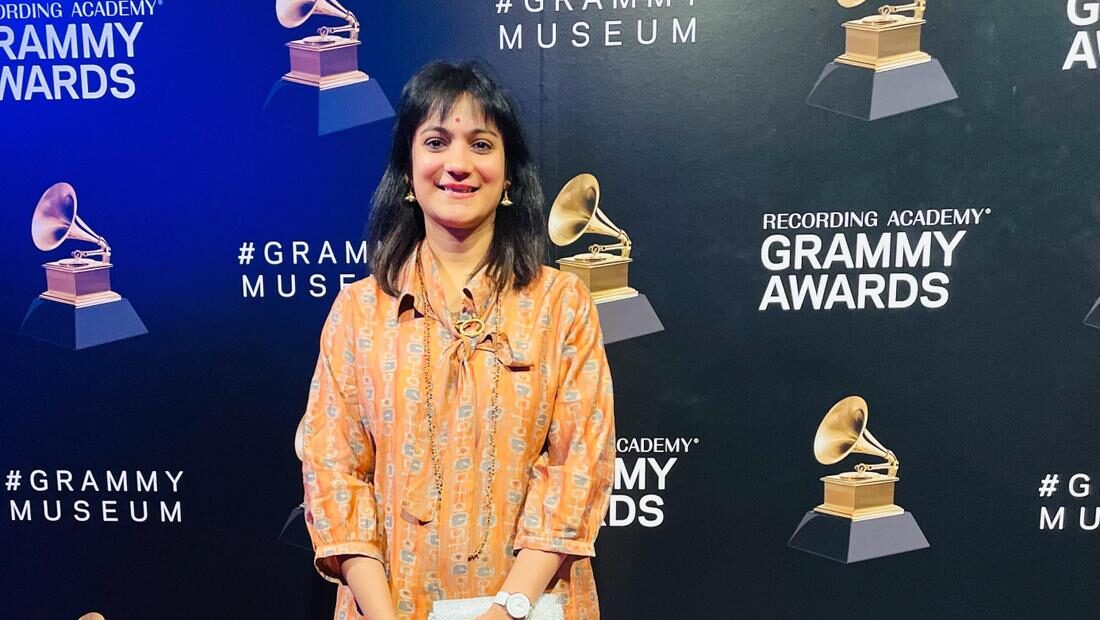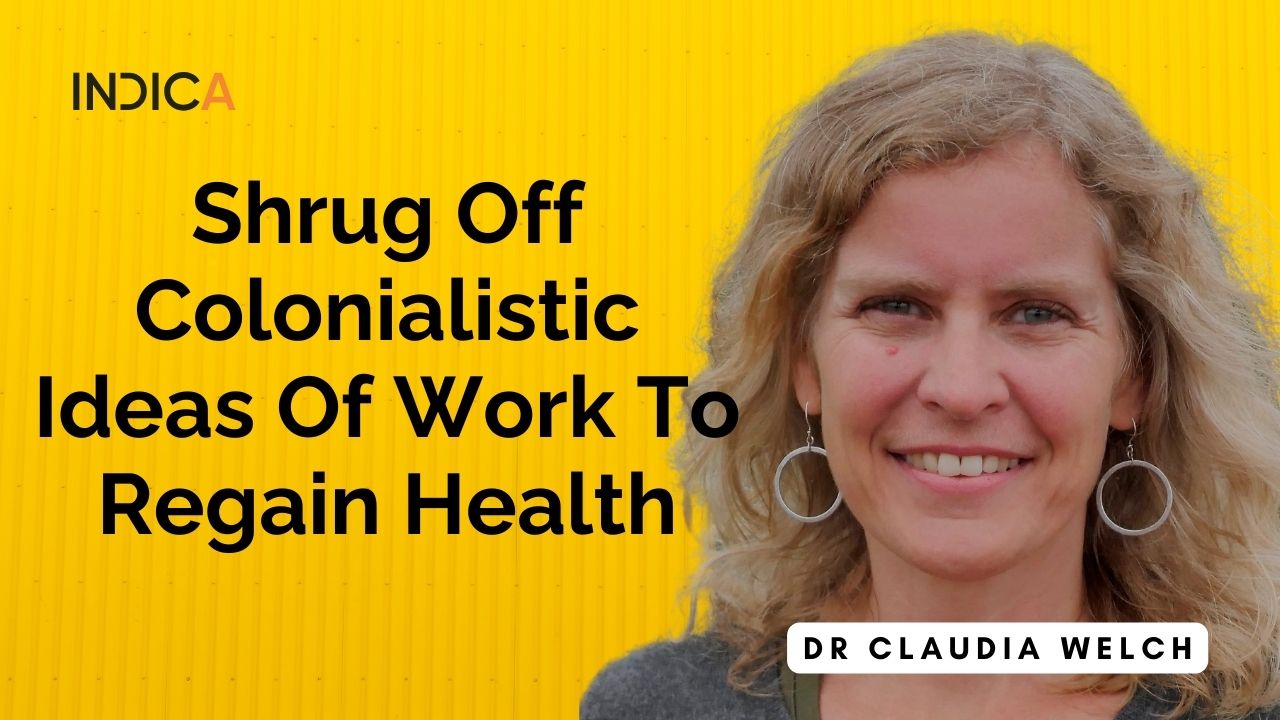World Cultural Diversity Day celebrated today was proposed by UNESCO in response to increasing cultural diversity and changing social codes between societies. There are countries in the world, it believes, which find it difficult to respond to diversity.
UNESCO’s 1982 Mexico City Declaration on Cultural Policies, has defined culture as the ‘whole complex of distinctive spiritual, material, intellectual and emotional features that characterize a society or social group’ including ‘not only the arts and letters, but also modes of life, the fundamental rights of the human being, value systems, traditions and beliefs’. This has the merit of neither adopting an excessively restrictive definition of culture nor focusing on a particular aspect (e.g. religion) in order to define a culture.”
UNESCO also acknowledges that previous definitions of culture which saw it as being static, are no longer relevant, as communities are influencing each other on a daily basis. Says a UNESCO report: “Today, culture is increasingly understood as a process whereby societies evolve along pathways that are specific to them. The concept of difference aptly captures this particular dynamic, whereby culture changes while remaining the same.”
Its sees cultural identity as a fluid, self-transforming process, to be seen less in terms of a past inheritance than of a future project. For UNESCO, culture has two meanings which are different yet wholly complementary. “Firstly, culture is the creative diversity embodied in particular ‘cultures’, with their unique traditions and tangible and intangible expressions. Secondly, culture (in the singular) refers to the creative impulse at the heart of that diversity of ‘cultures’. These two meanings of culture – one self-referential, the other self-transcending – are inextricably linked and provide the key to the fruitful interaction of all peoples in the context of globalization.”
It is of the second that India is the leader. It is the freedom of knowledge that is at the heart of her creative genius. Soft spoken, Yogananda Shastri - Skarbimir Rucinski, of Warsaw in Poland, who resides in Benaras says “the greatness and uniqueness of Bharat is that here there is freedom of knowledge. Everyone here has a right to acquire knowledge. Knowledge (Gyan) and Truth (Sathya) have been given prime importance here. The difference between Bharatiya society and the rest of the world is that in Bharat there is complete freedom for saadhana or practice."
Friends from all over the world send messages on World Cultural Diversity Day:
In an extension of this idea, Prof Alex Hankey, a physicist and Indic knowledge systems expert talks about ideas as a common basis of culture. He says “Culture is the expression of creative thinking and creative thinking is the basis of all culture. Creative thinking is not done through digital information but by the direct encoding of ideas in the mind.”
Hankey who has been teaching yoga for the last 50 years says that, when one practices meditation in the method taught in fashion described in the Yoga sutras then something very remarkable happens. “All the ideas which are worrying them gradually vanish. They are called Chittavrithis and they belong to an area of experience called the Chittakash, the field or space of ideas. At a deeper level one gains access to those ideas that are the common heritage of all cultures everywhere, the ideas that any creative mind anywhere can access in the most beautiful state of pure consciousness. And that level called Rithambara Pragnya is known only to encode Truth, the basis of all creative thinking and all culture.”
Link to Alex Hankey's Video: https://youtu.be/WyBsv-WCdJ0
D V Sridharan, senior member of Indic Academy, has travelled all over the world while he was in the Merchant Navy. He lives just outside Chennai city in South India. He is committed to rainwater harvesting and growing trees to create new bird habitats. He says: “I have seen the world in all its variety and this variety fascinates me. When I returned to India I was 30 and I had an entirely different way of looking at India and I judged it by different yardsticks. I was impressed by the greater order, fewer people and the greater conveniences of life which I found in many parts of the world which was not present in India. Till I moved to the countryside and seeing people and how contented they were. And what they most lavished their time on – relationships, neighbourliness and the need to have to live with other people. We are a very diverse people living in small spaces. Our country is very large. That teaches us tolerance and mutual respect.”
Link to D V Sridharan's video: https://youtu.be/dKNowtkQxzU
Decades ago, again in a small town in South India, Easwar Srikumar, advisory member, Government of India, was on a pilgrimage to Tirumala, Thruthani, Tiruvanamallai and a final halt at Kanchipuram. The year was 1966 and he was on his way to meet his mentor Sri Mahaperiawal, the sage of Kanchi.
Srikumar reached Kanchipuram around 3 pm. In the evening sunset, as the light dimmed, a familiar voice rang out, the owner draped in a nine yard saree. It was none other than the lady believed to be ‘the Voice of India’ – M S Subbulakshmi. When she was sent an invitation to perform at the United Nations, she had rushed to meet her spiritual guru to ask his advise on what she should sing at the prestigious venue. Immediately, the seer replied – only Maithreem Bhajatha should echo in the ears of the world. The extempore composition and rendition by the Mahaperiyawal was transcribed by Manikanda Sastrigal at the back of the Kumbabishekam invitation lying on the palm mat on the floor.
MS at UN: https://www.youtube.com/watch?v=az9zYiC3JHo
Maithreem Bhajatha - 47 voices as ONE - Conceptualized by Sudha Ragunathan & S.Mahathi https://www.youtube.com/watch?v=KL_3uWDz5eI&feature=youtu.be
MS instantly gave notes to the composition and Acharya corrected the rendition. He told her “Maithreem (to be sung in a humble voice), Bhajatha (with strong emphasis) and Sakale Janaanaam (in a prayerful echo). And finally his words: The earth is wide enough and ready to give us all we need like Kamadeenu…May all the people of this world of this world be happy and prosperous.





